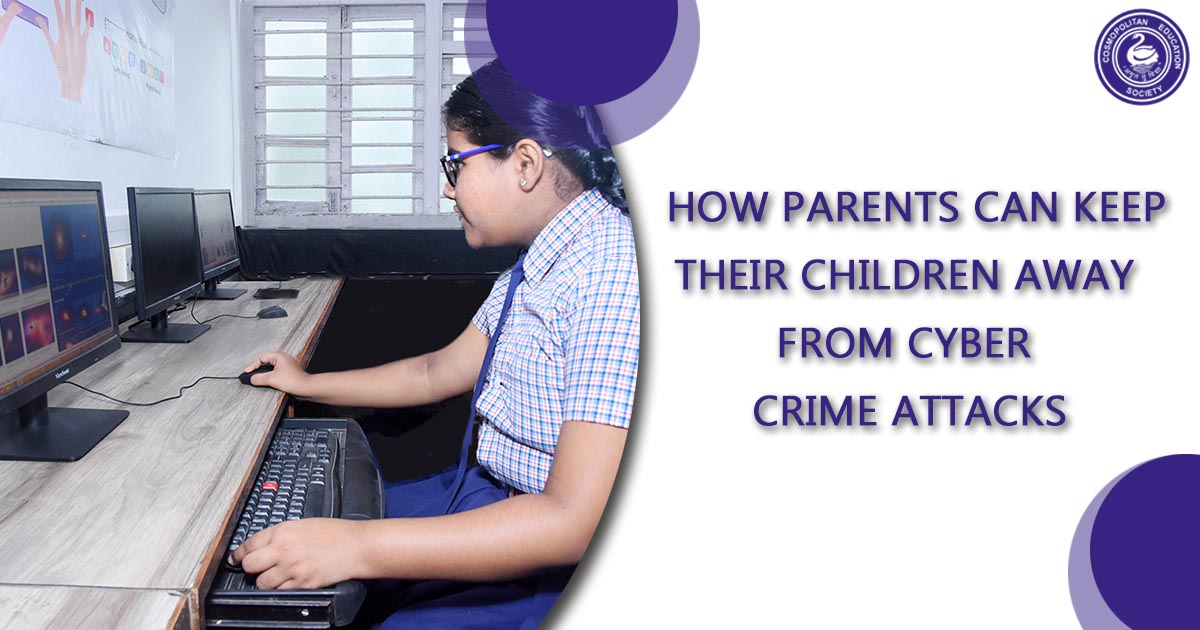
How Parents Can Keep Their Children Away From Cybercrime Attacks
Modern methods in Education leverages the internet as a medium of learning. This makes it critical for not only teachers but also parents of little ones to educate students/their children about cybercrime attacks or cybercrime activities. Social media has also been an alarming phenomenon for students when it comes to making friends online (old or new). Kids are therefore vulnerable to unique risks in cyberspace. We attempt to help kids remember that cyber safety should always be a priority and below are few tips on how can parents keep their children away from cybercrime attacks.
1. Increase awareness: The beginning of any problem is to get the subjects aware of the issue. We suggest you ensure your children know the basics of staying safe online. This information can be imparted by using techniques like online games and videos that will define computer terms (e.g., cyberbullying, netiquette, virus protection) to establish basic understanding.
2. Keep your child’s identity protected: As a responsible parent you must continuously remind your children to never spill out any kind of personal information. Personal information includes name, home address, or telephone number. Also you must guide them not to accept any friend requests from people they don’t know on social media websites like Twitter, Facebook, Instagram or in online chat rooms or bulletin boards. Its recommended to openly talk with your children about the online risks of interacting with strangers through the computer and sending notes and pictures. Online games may help kids understand how to protect their personal information and the ramifications of stolen identity.
3. Keep your child’s computer/Laptop protected: You can on a regular basis keep updating security software which can prove handy to protect your family against scammers, hackers, and other online threats that can compromise your computer system. Additionally, your family’s financial security and private information can be maintained. Using software security that automatically updates itself with newer cyber threats decreases the likelihood of picking up bad programs or malware.
4. Create unique passwords: To maintain online safety, you can guide your kids to use different passwords for every online account they have. This move will prevent others from accessing their personal information. We recommend you make sure that you monitor each account password. Ensure your children know that strong passwords should include elements like symbols, numbers, uppercase and lowercase letters, and no names or words that are easily guessable.
5. Monitor online activity: As a parent, you could monitor your kids’ online activities to guide them against cyber attacks. Explore various parental controls and consider what options may work best for you and your family.
6. Promote appropriate online interactions: Use some online games to help show kids how to make responsible decisions about online communication and learn about key issues of digital citizenship. Online activities can include exploration of methods of communication in chat rooms and emails, for example.
At Shri. Harshad C. Valia International School (CBSE) we leverage upon the newer ways of learning and teaching and alongside educate our students about various cyber threats they may come across. Above are just a handful of tips to help your kids stay safe and healthy while growing up in the Digital Age. You may also want to read about How To Keep Students Educationally Engaged During Sudden School Shutdowns?
